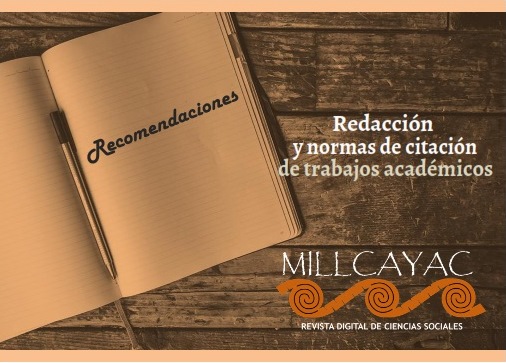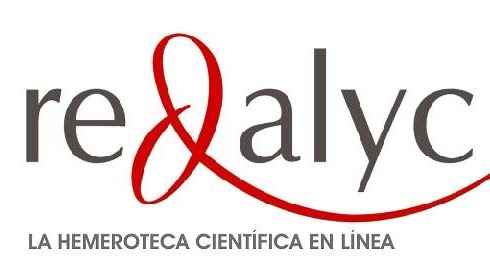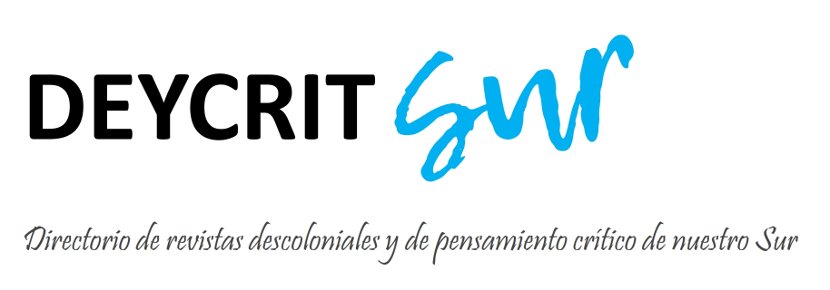Childbirth as a political and sensitive dispute: maternal trajectories in the “Parir” documentary (Florencia Mujica, 2017)
DOI:
https://doi.org/10.48162/rev.33.037Keywords:
Women, Motherhood, Childbirth, Documentary Film, ViolenceAbstract
Between the law, the health system, the bodies and the aesthetic-visual economy that governs the media and culture, and in the liminal zone of the family, there is a “place” of collision, coupling, fitting and / or blurring between the public and the private: childbirth. What happens when an intimate -related to personal autonomy-, and at the same time intensely domestic and family decision, such as how one chooses to give birth, is affected, intervened by the State, by science, by the institutions and the market, under the dominance of patriarchy? How does vernacular cinema sensibly construct that tension? Articulating the contributions of gender and family studies, with cultural history and film studies. In these pages I reflect on the tensions between the public and the private based on the figurations of motherhood(s) and the experience of childbirth, taking as a case of analysis the “Parir” documentary, by Florencia Mujica, released in 2017. It traces the diverse and complex journeys of three cis heterosexual women in a stable relationship during the last months of their pregnancies: localized and intersected journeys that display beliefs and performances associated with gender, pregnancy, childbirth and motherhood. If putting into images is a way of putting into speech and making visible, making a certain cultural phenomenon thinkable and existent, if images are a place of dispute that imagines and constructs the social, I am interested in seeing the way in which this documentary is capable of thinking about gender and influencing, in a more or less critical way, the public sphere and the fight for rights of pregnant women — and people —.
Downloads
Published
How to Cite
Issue
Section
License
Copyright (c) 2022 Maria Aimaretti

This work is licensed under a Creative Commons Attribution-NonCommercial-ShareAlike 4.0 International License.
Los autores/as que publiquen en esta revista aceptan las siguientes condiciones:
- Los autores/as conservan los derechos de autor y ceden a la revista el derecho de la primera publicación, con el trabajo registrado con la licencia de atribución de Creative Commons, que permite a terceros utilizar lo publicado siempre que mencionen la autoría del trabajo y a la primera publicación en esta revista.
- Los autores/as pueden realizar otros acuerdos contractuales independientes y adicionales para la distribución no exclusiva de la versión del artículo publicado en esta revista (p. ej., incluirlo en un repositorio institucional o publicarlo en un libro) siempre que indiquen claramente que el trabajo se publicó por primera vez en esta revista.
- Se permite y recomienda a los autores/as a publicar su trabajo en Internet (por ejemplo en páginas institucionales o personales) antes y durante el proceso de revisión y publicación, ya que puede conducir a intercambios productivos y a una mayor y más rápida difusión del trabajo publicado (vea The Effect of Open Access).
El plagio es una práctica que viola las normas éticas y los derechos de autor/a, de este modo los responsables editoriales de Millcayac – Revista Digital tomaremos todas las prevenciones necesarias para evitarlo y detectarlo en los trabajos a publicar. El plagio puede suceder en cualquier tipo de documento donde se toman secciones o partes de otras fuentes sin incluir las referencias pertinentes.
Los sistemas de detección de plagio, llevados adelante por los/as revisores/as de Millcayac- Revista Digital serán variados e incluirán desde de la asistencia de computadoras, bases de datos, Internet, y software adecuado, como aquellas herramientas provenientes de la revisión del estilo de escritura y usos de técnicas lingüísticas con el objeto de detectar plagios de copia literal conocido como "copy & paste" u otras modalidades de plagios encubiertas.
El cuerpo editorial de Millcayac- Revista Digital se reserva el derecho de retirar cualquier trabajo recibido, aceptado o ya publicado en caso de constatarse plagio, falsificación o publicación duplicada.

Millcayac - Revista Digital de Ciencias Sociales está distribuido bajo una Licencia Creative Commons Atribución-NoComercial-CompartirIgual 4.0 Internacional.
Basada en una obra en http://revistas.uncu.edu.ar/ojs/index.php/millca-digital.











